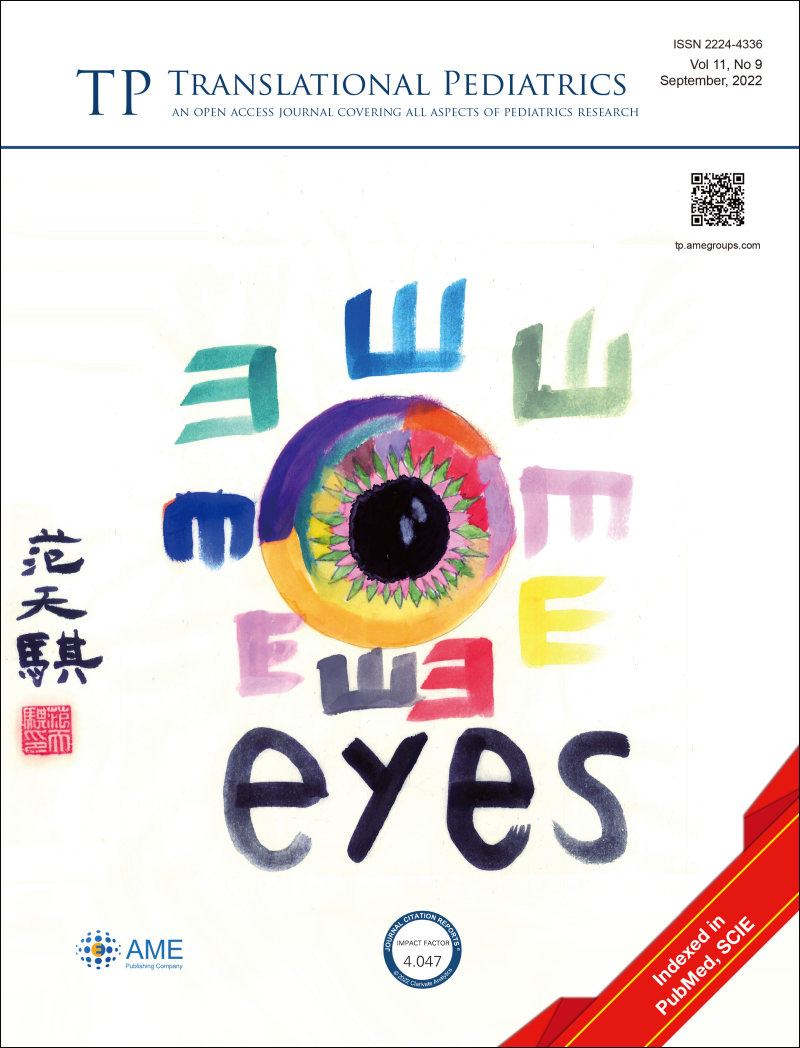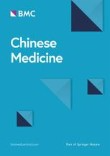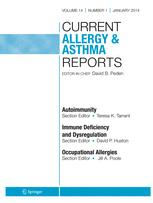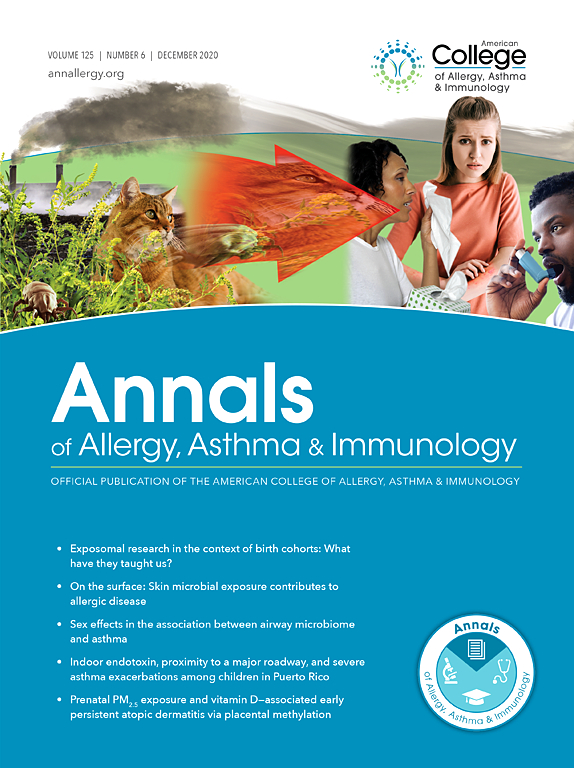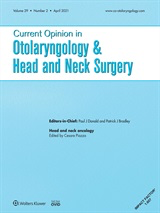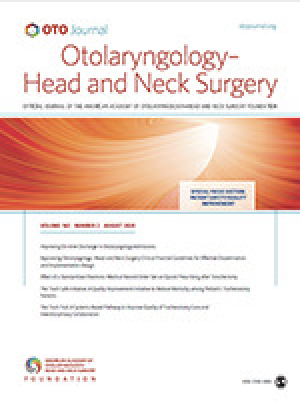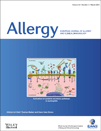
Acupuncture for Hay Fever (Allergic Rhinitis).
Allergic rhinitis, more commonly known as hay fever, is an allergic, inflammatory condition of the nasal mucous membranes in response to exposure to indoor and outdoor allergens such as pollen in springtime.
Hay fever symptoms vary in severity and can even persist all year round for some people. It is recommended to seek professional advice and treatment when hay fever affects your performance at work or school or starts interfering with your quality of life.
What is our clinical experience?
Based on feedback collected from over 1,084 initial appointments for Respiratory, Sinus, Allergy & Immunity, 84% of our patients reported improved quality of life after their first 4 appointments. See our detailed benchmarking statistics.
Initial
Consults
1,084
Average
Appointments
4
Improved
Quality of Life
84%
Refer Family &
Friends
90%
What does the research say?
The following insights are obtained from systematic reviews and analysis of clinical trials investigating the efficacy of Chinese medicine and acupuncture for hay fever (allergic rhinitis).
2021 Translational Pediatrics
Allergic rhinitis in children, according to traditional Chinese medicine, is interrelated with the functionality of lungs, spleen, and kidney and can be treated with combined Western and Chinese herbal medicines.
The methodology of this study was based on a review of both traditional Chinese and Western medical theories and practices. Chinese theory postulates that BiQiu, or allergic rhinitis in children, is primarily related to a congenital deficiency in vital qi, dysfunction of the lungs inhibiting nose orifices, and a deficiency of spleen and kidney leading to lung qi deficiency. The review looked into herbal monomers and compounds of Chinese herbal medicines as potential treatments for allergic rhinitis, while also considering the impact of external factors like the cold and inadequate diet.
The review highlighted some of the effects and shortcomings of Chinese herbal medicines used alongside Western medicines for treating allergic rhinitis. Particularly, it focussed on how the unique perceptions of life science of the human body from both Eastern and Western cultures can be brought together for a comprehensive method of treatment. The study also outlined future trends of research to enhance this combined treatment approach.
Current status of Chinese herbal medicine to treat allergic rhinitis in children: from the perspective of Western medicine—a narrative review Liang J, Gu Q
2021 Evidence-Based Complementary and Alternative Medicine
Gui Zhi Decoction and associated formulas significantly improve the effectiveness of allergic rhinitis treatments when used alone or combined with Western medicine.
The study aimed to evaluate the efficacy of Guizhi Decoction and associated formulas for treating allergic rhinitis. It included a comprehensive search of seven online databases for studies published until February 23, 2020. Each selected study's quality was assessed using the Cochrane Collaboration risk of bias tool. The research used systematic reviews based on the Cochrane systematic review method, facilitated by RevMan 5.3 Software. Interventions in the study varied from using Guizhi Decoction and associated formulas alone to combining them with Western medicine, acupoint-based therapy, Chinese patent medicine, and placebo control.
Data from 23 trials involving 2281 participants were collected and systematically analysed. The results showed that Guizhi Decoction and associated formulas, either alone or in conjunction with Western medicine or acupoint-based therapies, exhibited higher efficacy compared to Western medicine alone. The study also reported that adding nasal traditional Chinese medicine fumigation therapy to the Guizhi Decoction formulations could further improve treatment effectiveness. Adverse events were primarily mild and primarily associated with the control groups that used Western medicine alone, requiring no specific medical intervention.
Efficacy and Safety of Guizhi Decoction AssociatedFormulas for Allergic Rhinitis: A Systematic Review Yang S, Fu Q, Deng H, Wu J, Zhang Q, Wang L, Yao X
2021 Medicine
The use of Yu Ping Feng San for pediatric allergic rhinitis appears relatively safe compared to Western medical therapy yet its routine use remains unsupported.
The study undertakes a systematic search across multiple databases, including PubMed, the Excerpta Medical Database, Cochrane library and more, for randomized controlled trials (RCTs) concerning the use of YPFS for pediatric allergic rhinitis. Extracted results were subjected to stringent bias-risk analysis based on the Cochrane Handbook. A meta-analysis was then implemented using RevMan 5.3 software, and the Grading of Recommendations Assessment, Development and Evaluation methodology was applied to check the quality of evidence for every outcome.
The study pooled 10 RCTs covering 1,069 participants aged between 3-15 years for initial inclusion. After certain exclusions, it was determined from the remaining eight RCTs that the overall efficacy did not show any notable advantage for the test group. In addition, inspections into variation of serum immunoglobulin levels showed no statistical significance. However, the safety of YPFS displayed better results, demonstrating a relatively safer approach with lower recurrence rates compared to Western medical therapy.
Yu ping feng san for pediatric allergic rhinitis Liao Y, Zhong J, Liu S, Dai M, Liu Y, Li X, Yang Y, Zhang D, Lai D, Lu T, Zhang Q, Zhao Y
2020 Chinese Medicine
Our findings revealed that all acupuncture methods are effective and safe for allergic rhinitis. Acupuncture plus conventional medicine are potentially the most effective treatment strategies for allergic rhinitis.
Our findings revealed that all acupuncture methods are effective and safe for allergic rhinitis. Moreover, either moxibustion or manual acupuncture plus conventional medicine are potentially the most effective treatment strategies for allergic rhinitis. Based on these findings, it is evident that acupuncture therapy is not inferior to pharmacologic therapy. Therefore, for allergic rhinitis patients who are either unresponsive to conventional medicine or are intolerant to adverse events, acupuncture therapy should be administered. However, the quality of these included trials was mainly ranked as moderate quality, we recommend additional well-designed RCTs with larger sample sizes to validate these findings.
Acupuncture methods for allergic rhinitis: a systematic review and bayesian meta-analysis of randomized controlled trials. Yin, Z., Geng, G., Xu, G. et al.
2020 Current Allergy and Asthma Reports
Traditional Chinese Medicine, specifically acupuncture, demonstrates promising effects in managing allergic diseases like allergic rhinitis and asthma.
The methodology for this paper involved an extensive review of recent publications, predominantly those presenting randomized controlled trials, that assess the use of Traditional Chinese Medicine (TCM) in treating allergies. The focus was on the two most popular treatment modalities in TCM, Chinese herbal medicine and acupuncture. Publications detailing the mechanisms by which TCM impacts allergic diseases, as well as literature in Chinese, were also examined.
The analysis of the results showed an increasing trend of using TCM, specifically Chinese herbal medicine, to manage allergic diseases. However, literature evidence was found lacking to conclusively establish its effectiveness. On the other hand, acupuncture showed more definitive evidence of its utility, especially when treating allergic rhinitis and asthma, either as a standalone intervention or alongside conventional western medication. Its effectiveness in treating atopic eczema and urticaria was less clear, nonetheless, it's recommended to be incorporated into the treatment of specific allergic diseases on a personalized basis.
Traditional Chinese Medicine (TCM) and Allergic Diseases Chan HHL, Ng T
2018 Acupuncture in Medicine
Acupuncture appeared to significantly reduce the number of days of antihistamine use while improving rhinitis-specific quality of life and seasonal allergic rhinitis symptoms
The data from 414 patients were analysed. The acupuncture group used antihistamines significantly less often compared with the other groups (acupuncture vs sham acupuncture: mean difference −4.49 days, p=0.01; acupuncture vs RM: mean difference −9.15 days, p<0.001). Approximately 38% of the acupuncture group did not use any antihistamine in contrast to only 16% in the RM group. The pre-post comparison suggested that the acupuncture patients did not need to increase the days of antihistamine use to alleviate their symptoms, unlike the other groups.
Acupuncture appeared to significantly reduce the number of days of antihistamine use while improving RQoL and SAR symptoms; it can therefore be considered a valuable, additional treatment option for patients with SAR.
Impact of acupuncture on antihistamine use in patients suffering seasonal allergic rhinitis: secondary analysis of results from a randomised controlled trial Adam D, Grabenhenrich L, Ortiz M, Binting S, Reinhold T, Brinkhaus B
2017 BMC Complementary Medicine and Therapies
Yu Ping Feng San, a Chinese herbal medicine, combined with pharmacotherapy could be effective for treating allergic rhinitis in adults.
The paper evaluates Chinese herbal medicine, YPFS, for treating allergic rhinitis in adults by conducting a meta-analysis and subgroup meta-analyses of several randomized controlled trials (RCTs). Seven databases were searched from their inceptions to September 2017 where RCTs evaluating YPFS for adult allergic rhinitis were included. The Cochrane risk of bias tool was used to assess the methodological quality of these studies and meta-analysis and subgroup meta-analyses were conducted to evaluate the effectiveness of YPFS.
Based on the results, YPFS when used in combination with pharmacotherapy seemed to be more effective than using pharmacotherapy alone for treating allergic rhinitis. The paper highlighted an alleviation of four individual nasal symptom scores post YPFS combination treatment; these being itchy nose, sneezing, blocked nose, and runny nose. Furthermore, it was found that the YPFS combination treatment was more beneficial when it was used for more than three weeks. The paper also mentions that YPFS was safe and well-tolerated for treating adult allergic rhinitis. However, it did not seem to be superior to the second-generation antihistamine.
Potential effectiveness of Chinese herbal medicine Yu ping feng san for adult allergic rhinitis: a systematic review and meta-analysis of randomized controlled trials Luo Q, Zhang CS, Yang L, Zhang AL, Guo X, Xue CC, Lu C
2015 Annals of Allergy, Asthma & Immunology
Four weeks of acupuncture treatment is a safe and effective option for clinical management of seasonal allergic rhinitis in the Melbourne area for patients' symptom relief and quality of life improvement.
A total of 175 participants were included in this trial. RA was significantly better than SA for decreasing SAR symptom severity (sneezing, mean difference −0.28, 95% confidence interval −0.51 to −0.05; itchiness of ears and palate, mean difference −0.40, 95% confidence interval −0.69 to −0.11) at the end of treatment and improving participants' QoL at the end of the treatment and follow-up phases. Furthermore, the acupuncture treatment was safe and well tolerated.
Acupuncture for seasonal allergic rhinitis: a randomized controlled trial Xue CC, Zhang AL, Zhang CS, DaCosta C, Story DF, Thien FC
2015 Current Opinion in Otolaryngology & Head and Neck Surgery
There are high-quality randomized controlled trials that demonstrate efficacy and effectiveness for acupuncture in the treatment of both seasonal and perennial allergic rhinitis.
Our review of the medical literature from January 2013 through December 2014 revealed that there is research demonstrating efficacy and effectiveness for acupuncture in the treatment of allergic rhinitis, as well as improvement of quality of life and quality-adjusted life-years.
Acupuncture and allergic rhinitis Malcolm B. Tawa, William D. Reddyb, Folashade S. Omolec, and Michael D. Seidmand
2015 American Journal of Rhinology & Allergy
Our meta-analysis suggests that that acupuncture could be a safe and valid treatment option for allergic rhinitis patients.
Because acupuncture may modulate the immune system, it has been proposed as a useful treatment for patients with allergic rhinitis (AR). Here, we assessed the evidence for the clinical efficacy of acupuncture for the management of AR patients by performing a systematic review and meta-analysis of the published literatures.
Thirteen full papers that met our inclusion criteria were included, and a total of 2365 participants, including 1126 as treatment group and 1239 as control group, were enrolled. Compared with control group, acupuncture treatment group exerted a significant reduction in nasal symptom scores (weighted mean difference [WMD]: -4.42, 95% confidence interval [CI]: -8.42 to -0.43, p = 0.03), medication scores (WMD: 1.39, 95% CI: -2.18 to -0.61, p = 0005), and serum IgE (WMD: -75.00, 95% CI: -91.17 to -58.83, p < 0.00001). Data relating to Rhinitis Quality of Life Questionnaire (RQLQ) and 36-Item Short-Form (SF-36) component score in included studies were analyzed, which ultimately point to the efficacy of acupuncture treatment in improving quality of life in AR patients. No fatal events were reported in any of the included studies, and no serious systemic reaction, which needed treatment in the hospital, was related to the acupuncture treatment.
Acupuncture for the Treatment of Allergic Rhinitis: A Systematic Review and Meta-Analysis Feng S, Han M, Fan Y, Yang G, Liao Z, Liao W, Li H
2015 Otolaryngology-Head and Neck Surgery
Clinicians may offer acupuncture, or refer to a clinician who can offer acupuncture, for patients with allergic rhinitis who are interested in nonpharmacologic therapy.
The primary purpose of this guideline is to address quality improvement opportunities for all clinicians, in any setting, who are likely to manage patients with allergic rhinitis, as well as to optimize patient care, promote effective diagnosis and therapy, and reduce harmful or unnecessary variations in care. The guideline is intended to be applicable for both pediatric and adult patients with allergic rhinitis. Children under the age of 2 years were excluded in this clinical practice guideline because rhinitis in this population may be different than in older patients and is not informed by the same evidence base.
Clinical Practice Guideline: Allergic Rhinitis Seidman MD et al.
2012 Allergy
Acupuncture was found to be a more effective and safe treatment for allergic rhinitis than sham acupuncture or no treatment.
Methodology: The study was a multicenter, parallel-controlled experiment. Three groups of randomized participants either received active acupuncture, sham acupuncture (minimal acupuncture at nonacupuncture points), or were placed on a waitlist (no acupuncture treatment). The treatments were given three times a week over a four-week period.
Discussion of Results: The active acupuncture group showed a marked reduction in allergic rhinitis symptoms compared to the other two groups. Despite this, both acupuncture types still showed significant improvements in symptoms when compared to their initial condition, confirming the efficacy of acupuncture in treating allergic rhinitis.
A multicenter, randomized, controlled trial testing the effects of acupuncture on allergic rhinitis Choi SM, Park JE, Li SS, Jung H, Zi M, Kim TH, Jung S, Kim A, Shin M, Sul JU, Hong Z, Jiping Z, Lee S, Liyun H, Kang K, Baoyan L
Consult with our practitioners for personalised care and advice.
Although well-conducted clinical research can help members of the public to make better-informed decisions about their healthcare, we cannot claim that any particular treatment may be effective for any individual person.
When you consult with our Chinese medicine practitioners, you'll receive personalised advice and treatment based on your symptoms and Chinese medicine diagnosis.
Scientific References
Browse our collection of scientific clinical research on acupuncture for hay fever (allergic rhinitis).
It includes recent and reputable papers published by peer-reviewed journals within the last 10 years.

2021, Dec
Current status of Chinese herbal medicine to treat allergic rhinitis in children: from the perspective of Western medicine—a narrative review
Translational Pediatrics
The study concludes that Chinese herbal medicines have potential in the treatment of AR, and combining them with Western medicines could lead to enhanced treatment outcomes.
Liang J, Gu Q Full Article

2021, Jan 13
Efficacy and Safety of Guizhi Decoction AssociatedFormulas for Allergic Rhinitis: A Systematic Review
Evidence-Based Complementary and Alternative Medicine
Results of systematic reviews show that Guizhi Decoction and associated formulas alone, plus Western medicine or plus acupoint-based therapies, were significantly better compared with using Western medicine alone in terms of efficacy. However, more RCTs of high quality, and large sample size, with appropriate blinding methods or nonblinded pragmatic trials of Guizhi Decoction and associated formulas for AR are needed for more support.
Yang S, Fu Q, Deng H, Wu J, Zhang Q, Wang L, Yao X Full Article

2021, Apr 02
Yu ping feng san for pediatric allergic rhinitis
Medicine
Our data showed that the use of Yu ping feng san (YPFS) for pediatric allergic rhinitis (PAR) is relatively safe compared to Western medical therapy, but a conclusion could not be drawn because only 5 studies were analyzed.
Liao Y, Zhong J, Liu S, Dai M, Liu Y, Li X, Yang Y, Zhang D, Lai D, Lu T, Zhang Q, Zhao Y Full Article

2020, Oct 12
Acupuncture methods for allergic rhinitis: a systematic review and bayesian meta-analysis of randomized controlled trials.
Chinese Medicine International Society for Chinese Medicine
This work identifies acupuncture as one of several effective therapies for AR. MA + CM/Mox may effectively improve AR symptoms and quality of life as demonstrated in pairwise and Bayesian network meta-analyses. Meanwhile, Mox was regarded as the most effective therapy that changes the IgE content from recently evidences. However, insufficient clinical evidence is presently available to guide on the selection of the acupoints, duration of treatment among others. Meanwhile, the overall quality of these included RCTs were mainly ranked as moderate. Therefore, lots of high-quality RCTs are required to validate the above-presented findings.
Yin, Z., Geng, G., Xu, G. et al. Full Article

2020, Sep 02
Traditional Chinese Medicine (TCM) and Allergic Diseases
Current Allergy and Asthma Reports
It is recommended that acupuncture be integrated into the therapy of allergic rhinitis and asthma, and that CHM be used as an adjunct in the treatment of allergic diseases on an individual basis.
Chan HHL, Ng T Full Article

2018, Jun
Impact of acupuncture on antihistamine use in patients suffering seasonal allergic rhinitis: secondary analysis of results from a randomised controlled trial
Acupuncture in Medicine British Medical Acupuncture Society
Acupuncture appeared to significantly reduce the number of days of antihistamine use while improving quality of life and seasonal allergic rhinitis symptoms; it can therefore be considered a valuable, additional treatment option for patients with seasonal allergic rhinitis.
Adam D, Grabenhenrich L, Ortiz M, Binting S, Reinhold T, Brinkhaus B Full Article

2017, Nov 06
Potential effectiveness of Chinese herbal medicine Yu ping feng san for adult allergic rhinitis: a systematic review and meta-analysis of randomized controlled trials
BMC Complementary Medicine and Therapies
Oral Chinese herbal medicine formula Yu ping feng san (YPFS) seems to have add-on effects to pharmacotherapy for the treatment of adult allergic rhinitis (AR), when it was administered for at least three weeks.
Luo Q, Zhang CS, Yang L, Zhang AL, Guo X, Xue CC, Lu C Full Article

2015, Oct 11
Acupuncture for seasonal allergic rhinitis: a randomized controlled trial
Annals of Allergy, Asthma & Immunology American College of Allergy, Asthma & Immunology
Four weeks of acupuncture treatment is a safe and effective option for clinical management of seasonal allergic rhinitis in the Melbourne area for patients' symptom relief and quality of life improvement.
Xue CC, Zhang AL, Zhang CS, DaCosta C, Story DF, Thien FC Full Article

2015, Jun
Acupuncture and allergic rhinitis
Current Opinion in Otolaryngology & Head and Neck Surgery
The systemic review of high-quality RCTs demonstrate efficacy and effectiveness for acupuncture in the treatment of both seasonal and perennial allergic rhinitis. demonstrates efficacy and effectiveness for acupuncture in the treatment of allergic rhinitis, as well as improvement of quality of life and quality-adjusted life-years.
Malcolm B. Tawa, William D. Reddyb, Folashade S. Omolec, and Michael D. Seidmand Full Article

2015, Jan
Acupuncture for the Treatment of Allergic Rhinitis: A Systematic Review and Meta-Analysis
American Journal of Rhinology & Allergy
Our meta-analysis suggests that that acupuncture could be a safe and valid treatment option for allergic rhinitis patients
Feng S, Han M, Fan Y, Yang G, Liao Z, Liao W, Li H Full Article

2015, Feb 2
Clinical Practice Guideline: Allergic Rhinitis
Otolaryngology-Head and Neck Surgery American Academy of Otolaryngology-Head and Neck Surgery Foundation
Clinicians may offer acupuncture, or refer to a clinician who can offer acupuncture, for patients with allergic rhinitis who are interested in nonpharmacologic therapy.
Seidman MD et al. Full Article

2012, Dec 18
A multicenter, randomized, controlled trial testing the effects of acupuncture on allergic rhinitis
Allergy
Active acupuncture showed a significantly greater effect on symptoms of allergic rhinitis than either sham acupuncture or no active treatment. The symptoms of allergic rhinitis decreased significantly after treatment in the both acupuncture and sham acupuncture groups. Acupuncture appears to be an effective and safe treatment for allergic rhinitis.
Choi SM, Park JE, Li SS, Jung H, Zi M, Kim TH, Jung S, Kim A, Shin M, Sul JU, Hong Z, Jiping Z, Lee S, Liyun H, Kang K, Baoyan L Full Article
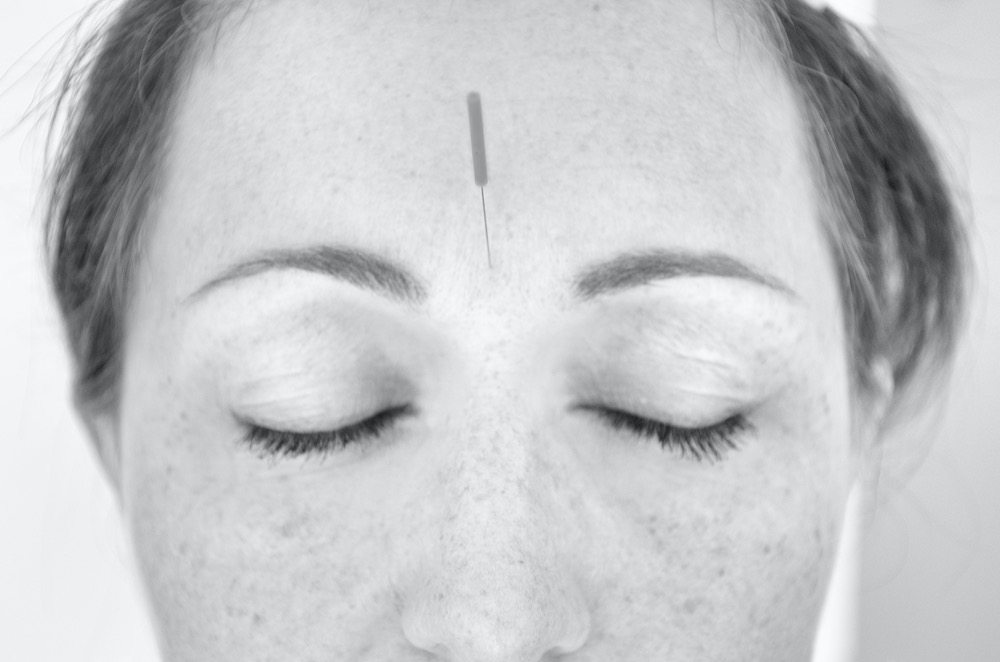
“It is by virtue of the twelve channels that human life exists, that disease arises, that human beings can be treated and illness cured. The twelve channels are where beginners start and masters end.” The Classic of Acupuncture
Circa 1st Century BCE
